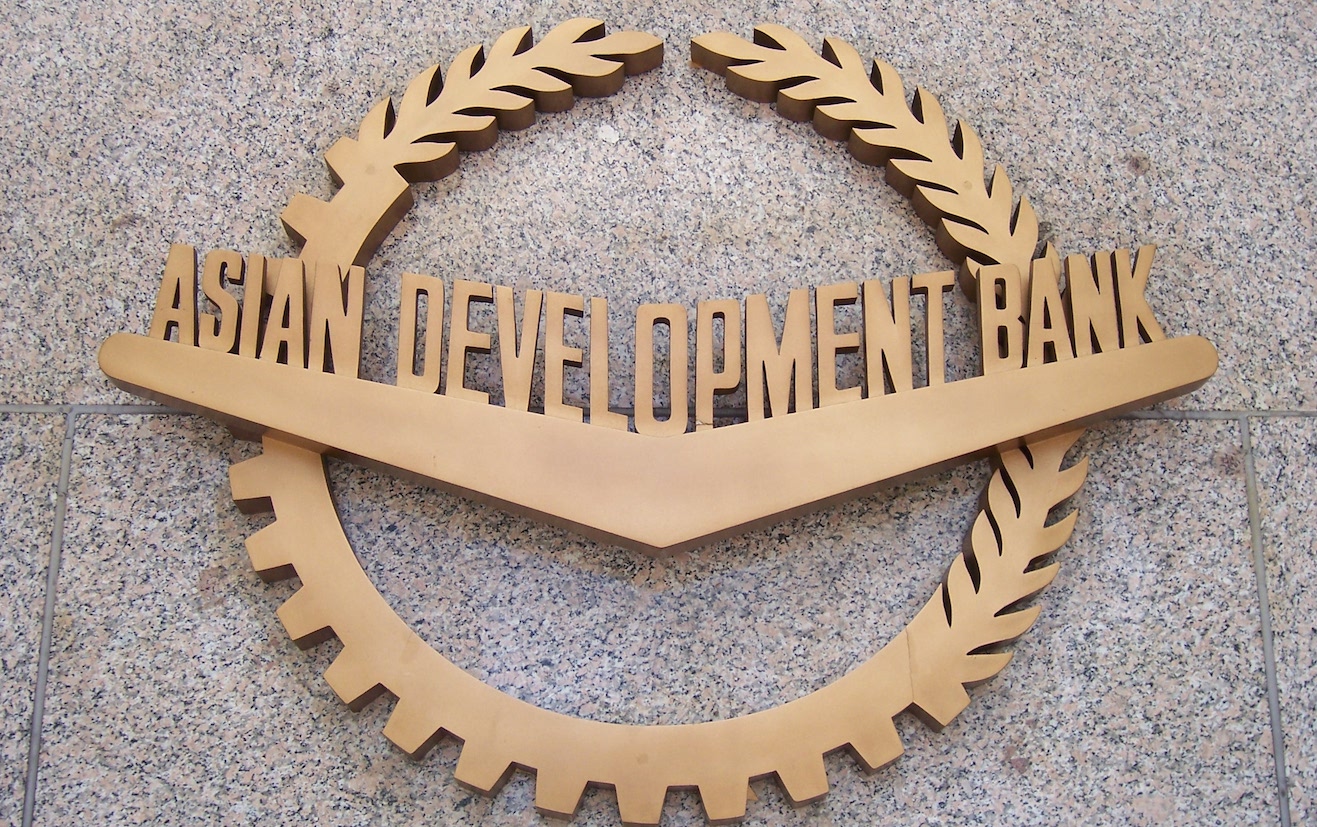Islamabad: The Asian Development Bank has approved a five-year $6 billion loan for Pakistan to finance the development of the nation’s infrastructure, particularly in the energy and transportation sectors. However, the actual loan disbursements will be linked to Islamabad’s ability to implement energy sector reforms and improve its public finances.
Absent among the projects being funded is the $14 billion Diamer-Bhasha dam, for which the ADB has allocated just $15 million in technical assistance.
The loan package, set to run through at least the end of the fiscal year 2019, will provide the government with an average of $1.2 billion each year for infrastructure development and institutional reforms. Nearly two-thirds of the $6 billion will be commercial, while the remaining third will be concessionary. Disbursements are subject to the government’s ability to meet all the conditions attached to the loan agreement.
The Manila-based lender expressed concern over the government’s lack of anti-corruption mechanisms, confidentiality in its procurement processes, complex internal controls and bureaucratic setup, and a lack of professionalism and frequent transfers, highlighting these factors as risks to the implementation of the reforms program in the energy sector.
The financial assistance package will target several sectors: energy, transportation, agriculture, natural resources, rural development, water, urban infrastructure and services, public sector management, and financial services. Most of the assistance is earmarked for infrastructure improvements in the power, transport, agriculture, and urban services sectors.
Over $2 billion will be spent on the energy sector to improve crumbling state-owned distribution and transmission networks and ensure the sector’s financial viability by reducing electricity subsidies and line losses due to theft.
Transportation infrastructure will receive over $1.7 billion to improve the nation’s road network and build mass transit systems in Peshawar and Karachi. Another $500 million has also been earmarked for improving public sector management; Its disbursement is linked with the privatization of four state-owned companies and the restructuring of another three loss-making entities.
The ADB has also approved a three-year Country Operation Business Plan, which suggests sector-specific allocations. The 2015 Business Plan is already under implementation; in the current year, the ADB plans to lend $1.3 billion to Pakistan, including $400 million in budgetary support for the energy sector, $200 million for post-flood highways rehabilitation, $170 million for the construction of the Gojra-Shorkot highway and another $150 million for improving border services.
Future funding
For 2016, the ADB plans to disburse $1.25 billion, including $400 million for the power distribution network and $200 million for road construction in Sindh. In 2017, the ADB may disburse $1.25 billion, including $200 million for energy reforms and $100 million for Karachi Mass Transit Project and Peshawar Bus Transit Project. For 2018, the indicative funding is $1.25 billion.
Challenges
“The main challenge in Pakistan is to deliver higher, sustained, and inclusive growth to cut poverty and create productive jobs for the growing labor force,” said Werner E Liepach, Country Director at ADB’s Pakistan Resident Mission. “The thrust of the new [loan] will be to support the government to improve connectivity, productivity and access to markets and public services.” He said Pakistan was on track to achieve the Millennium Development Goal for cutting income poverty. Still, it is off track on several targets, and development remains uneven and below potential.






